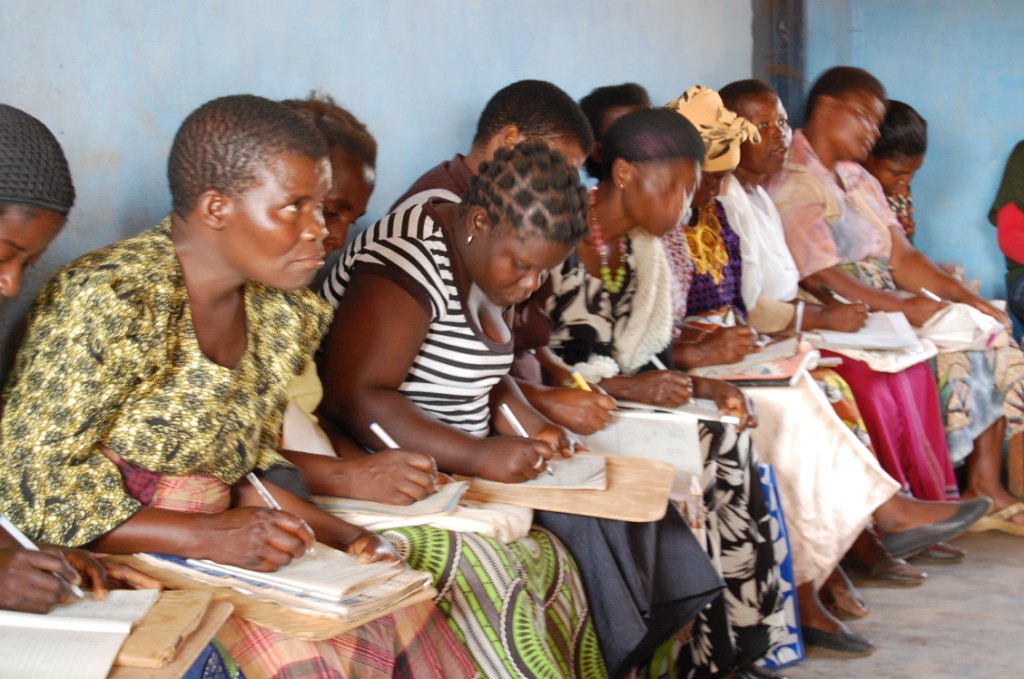Our Projects
What we do
SPRIZ’s current Strategic Plan is designed to empower communities to fight poverty in rural communities in Eastern, Southern, Western and Lusaka Provinces. The strategic focus is mainly on fighting poverty as the main driver of child labor, promoting access to education and skills training, fighting gender based violence, promoting Adolescent Sexual and Reproductive Health and Rights, promoting social accountability, combating unfavorable traditional beliefs as well as fighting HIV and AIDS.

Our Support to Education and Training
SPRIZ believes that education is one of the decisive levers which enables people break the generational cycles of poverty. It is only through education that people can acquire the relevant skills that cease existing livelihood opportunities as well as contribute to national development. Education increases the chance of obtaining a permanent job and regular income. Linked with this are better living standards, long-term planning and the acceptance of responsibility. Empirical evidence worldwide shows that poverty could be reduced by 12% if all children in developing countries left school with just basic reading and writing skills. In this view, apart from mainstreaming education in all programmes, SPRIZ focusses on promoting early childhood education, promoting the quality of primary education and promoting access to education by girls and vulnerable children in community schools.

Fighting hazardous child labour
Tobacco Child labour in particular is widely acknowledged as a serious problem especially in Eastern and Southern provinces of Zambia. Children who cannot access education services are forced to engage in tobacco child labour in order to supplement family income. 92% of children engaged in child labour work in the Agriculture sector. Current ILO statistics show that 700,000 of these children work in hazardous conditions mostly in the tobacco sub-sector.

Our Support to Adult Literacy
SPRIZ with financial Support from Japan Tobacco Leaf Zambia (JTI) is currently implementing an innovative adult literacy project entitled Community Literacy for Adult Parents (CLAP) in Eastern Province of Zambia. The main goal of the project is to provide adult literacy classes to vulnerable parents with children engaged in or at high risk of engaging in child labour as well as to provide livelihood support to vulnerable women enrolled in literacy classes in Income Generating Activities (IGAs) village banking model. The project is designed to build on the gains achieved in the first project supported by JTI entitled Fighting Agricultural Child Labour Together (FACT) whose goal was to remove children in the tobacco production chain in Eastern Province of Zambia. The project is being implemented in 11 communities in 5 districts namely; Kasenengwa, Lumezi, Chipangali, Mambwe and Chipata.
Community Literacy for Adult Parents
SPRIZ with financial Support from Japan Tobacco Leaf Zambia (JTI) is currently implementing an innovative adult literacy project entitled Community Literacy for Adult Parents (CLAP) in Eastern Province of Zambia. The main goal of the project is to provide adult literacy classes to vulnerable parents with children engaged in or at high risk of engaging in child labour as well as to provide livelihood support to vulnerable women enrolled in literacy classes in Income Generating Activities (IGAs) village banking model. The project is designed to build on the gains achieved in the first project supported by JTI entitled Fighting Agricultural Child Labour Together (FACT) whose goal was to remove children in the tobacco production chain in Eastern Province of Zambia. The project is being implemented in 11 communities in 5 districts namely; Kasenengwa, Lumezi, Chipangali, Mambwe and Chipata.
Providing Microcredit and Financial Literacy
This programme is targeted at empowering poor women in rural areas whose children are out of school and are employed in tobacco child labour as either part of the family labour or are in paid employment. The service delivery component involves training in financial literacy, supporting women groups with Loan Revolving Funds for Income Generating Activities (IGAs) and ensuring that IGAs graduate into individual savings and credit groups. SPRIZ also promotes linkages of women groups with relevant government ministries responsible for the provision of support to poor households such as the Ministry of Community Development and Social Welfare. The aim of this programme is to fight poverty through increased household incomes that can in turn be used by parents to meet the cost of educating their children.
Fighting hazardous child labour
Tobacco Child labour in particular is widely acknowledged as a serious problem especially in Eastern and Southern provinces of Zambia. Children who cannot access education services are forced to engage in tobacco child labour in order to supplement family income. 92% of children engaged in child labour work in the Agriculture sector. Current ILO statistics show that 700,000 of these children work in hazardous conditions mostly in the tobacco subsector. Although in its nascent stage, SPRIZ is currently implementing an innovative tobacco child labour project in Southern Province funded the Board. The project uses ILO strategies namely advocacy, withdrawal, integration and economic empowerment as main tools in the fight against tobacco child labour.
